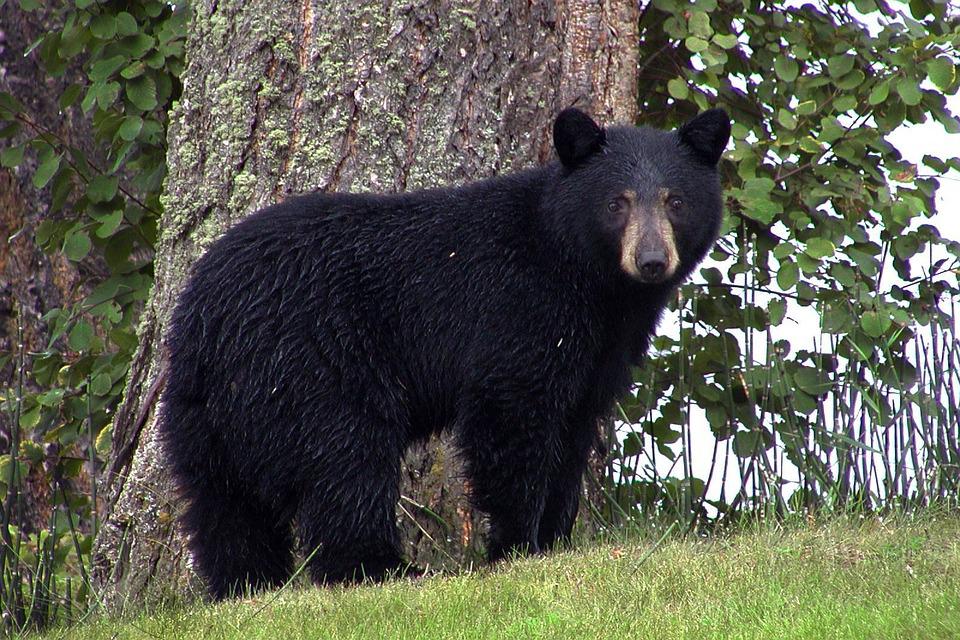As the summer approaches, the Ministry of Northern Development, Mines, Natural Resources, and Forestry, wants people to bear safety in mind.
Black bears live in most parts of Ontario. To avoid an encounter, ministry officials say to make noise when moving through heavily wooded areas, which alerts bears to your presence and gives them a chance to avoid you. That can include talking, whistling, and singing.
They add to stay aware of your surroundings; do not wear headphones, and keep your eyes open for signs such as bear tracks, claw marks, and droppings.
If you have a dog, keep them leashed, as loose dogs might wander off and lead a bear straight to you.
Officials recommend to carry and learn how to use bear spray, as well as a whistle or air horn. If you’re in back country, also carry a long-handled axe.
If you do encounter a bear, slowly back away while keeping it in sight but not making direct eye contact. Do not climb a tree, run, or swim away, and enter a building or vehicle if nearby.
If the bear does not leave or approaches, make loud noises, wave your arms to make yourself look big, throw objects, and use bear spray.
If the bear attacks, fight back with everything you have, and do not play dead unless you’re certain it’s a mother bear protecting her cubs.
Officials say although bears might make scary noises, those are just warnings that you are too close, and they will not likely attack unless approached.
For camping or cottaging, the ministry says to use bear-resistant containers or sealed plastic bags to store food or food scraps, at least four metres off the ground and three metres from tree limbs. Clean up any food scraps, drippings, and dish water, and dispose of them well away from where you’re staying.
For more information about bear safety, visit the ministry’s website.



